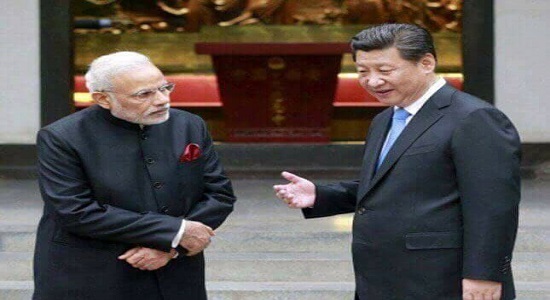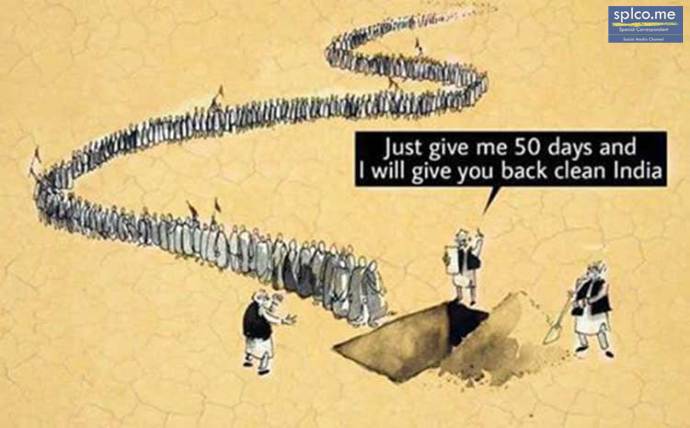Prime Minister Narendra Modi and Chinese President Xi Jinping have decided to issue “strategic guidance” to their militaries to strengthen communication in order to build trust and mutual understanding, Foreign Secretary Vijay Gokhale said on Saturday.

He said the leaders will direct their militaries to earnestly implement various confidence building measures agreed upon between the two sides, including the principle of mutual and equal security, and strengthen existing institutional arrangements and information sharing mechanisms to prevent incidents in border regions.
They endorsed the work of special representatives to find a fair, reasonable and mutually acceptable settlement on the boundary issue.
The ‘heart-to-heart’ summit is being seen as an effort by India and China to rebuild trust and improve ties that were hit by the 73-day-long Doklam stand-off.
The two sides have held 20 rounds of talks to resolve the boundary dispute and worked out different mechanisms to keep peace along the 3,488-km long Line of Actual Control.
“The talks with President Xi Jinping focused on diverse areas of India-China cooperation. We discussed ways to give impetus to our economic ties as well as people-to-people relations. Other areas we spoke about include agriculture, technology, energy and tourism,” Modi tweeted.
Modi mentioned the importance of balancing the trade, and the scope of the possibilities of agricultural and pharmaceutical exports to China.
“China and India should be good neighbours and good friends. They should regard each other as an active factor in the change of world power,” Xi said. “We must adopt a positive, open and inclusive attitude and correctly analyse and view each other’s intentions.”
“We must deal with differences in a more mature manner; we must strengthen coordination and cooperation in international and regional affairs and drive regional economic integration and interconnection,” Xi said.
His statement assumes significance amid moves by the west, particularly the US, to take protectionist measures that have hit countries like China and India.
On the issue of the Belt and Road Initiative (BRI), China said there was no fundamental difference with India on the issue of “inter-connectivity” and Beijing will “not be too hard” with New Delhi. The BRI includes the China-Pakistan Economic Corridor which India opposes as it goes through Pakistan-occupied Kashmir.
Government sources say, "the two country heads also discussed climate change, food security and shared their experience in terms of the preservation of the Yangtze, China’s longest river, and the Ganga, India’s longest river. They discussed how to promote sports between the two countries and how to strengthen tourism on the Buddhist circuit".
They also underscored the importance of reform of multilateral financial and political institutions to make them representative and responsive to the needs of developing nations the source adds.














